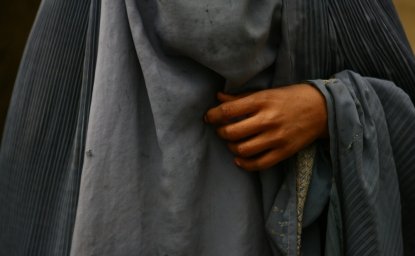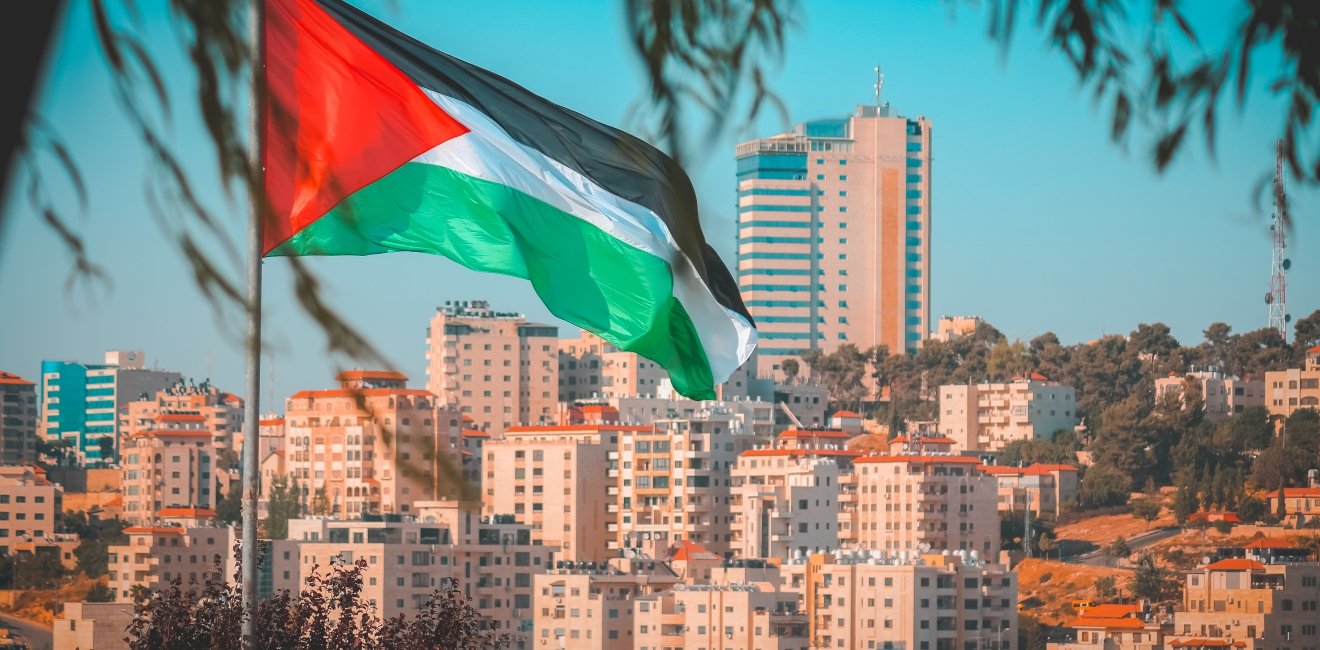
A blog of the Middle East Women's Initiative
In general, the public and private sector in Palestine must place gender equality at the core of their response strategy and focus on implementing gender-responsive policies."
In Palestine, the COVID-19 pandemic exacerbated many challenges women face, leading to higher levels of domestic violence, alarming rates of emotional and psychological distress, increased domestic responsibilities, and lower female participation in the national labor market. Women in Palestine are subject to various social hurdles that impede their ability to advance in the formal employment sector, and must endure the negative implications of restrictions imposed by Israel's occupation of the West Bank and Gaza. This is particularly disconcerting given that, as of 2021, only 23 percent of Palestinian women aged 25-49 were employed.
Research by the Palestinian Non-Governmental Organizations Network (PNGO) indicates the rates of poverty and unemployment among women and female-led households have increased, especially in the besieged Gaza Strip. According to the Palestinian Central Bureau of Statistics, the unemployment rate among women during the first quarter of 2020 was 37 percent, compared to 20 percent of men. Both the Palestinian Authority and Hamas, who, to a certain extent, govern the Palestinian territory, imposed strict restrictions in work settings to stem the spread of the coronavirus, in addition to closing down private and public schools and day care centers. This enhanced both domestic and professional burdens on women, and has taken place within the wider context of poverty, loss of income, and a declining standard of living.
The obstacles to progress in female labor force participation in Palestine existed prior to the pandemic. According to the International Labor Organization (ILO), they were “registering higher unemployment rates, lower wages, while also being subject to increased discrimination and gender-based segregation.” The negative implications of the pandemic on mobility and employment retainment had a disproportionate impact on women in the workforce. Travel bans and quarantine and lockdown measures impeded women’s ability to move freely and heightened the pressure on enterprises, in particular small- and medium-sized ones, in sustaining their businesses.
In general, the public and private sector in Palestine must place gender equality at the core of their response strategy and focus on implementing gender-responsive policies. This includes investing in childcare, particularly the availability and affordability of daycares, as they are a source of employment themselves, especially for women, enable women to work outside of the home, and encourage a more equitable distribution of household chores between men and women. The public and private sectors can also focus on tackling domestic violence and work- and gender-related harassment, which also increased during the pandemic, to ensure fair access to and engagement of women in paid employment positions.
The Palestinian government in the West Bank in particular has put forth a national emergency response plan to temper the impact of the pandemic on the economy. The Ministry of Women’s Affairs proposed an emergency response plan that outlines interventions to support women, including the provision of financial aid to the most vulnerable groups. These efforts will promote economic recovery for all segments of the population and encourage more equitable economic development.
The private sector, meanwhile, should implement policies to mitigate the adverse impacts of the pandemic on women’s participation in the labor force. This includes institutional capacity-building to ensure recovery plans address the specific needs of women, such as flexible working hours and paid family leave, and devising funding tools to support those who have lost their income and continue to be affected by pandemic-related restrictions.
The goal of increased women’s participation in the workforce requires the engagement and action of stakeholders at all levels. Until policies are enacted to protect and support women’s formal employment in Palestine, and the greater Middle East and North Africa region, they will be vulnerable to job loss and restrictions on their mobility and independence.
Author


Middle East Program
The Wilson Center’s Middle East Program serves as a crucial resource for the policymaking community and beyond, providing analyses and research that helps inform US foreign policymaking, stimulates public debate, and expands knowledge about issues in the wider Middle East and North Africa (MENA) region. Read more


Middle East Women's Initiative
The Middle East Women's Initiative (MEWI) promotes the empowerment of women in the region through an open and inclusive dialogue with women leaders from the Middle East and continuous research. Read more

Explore More in Enheduanna
Browse Enheduanna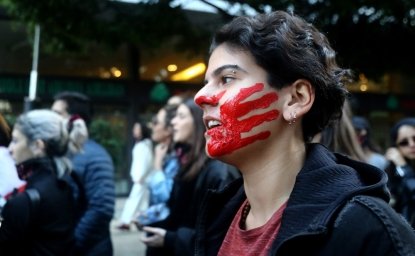
A Cry for Justice: Lebanon's Battle Against Femicide
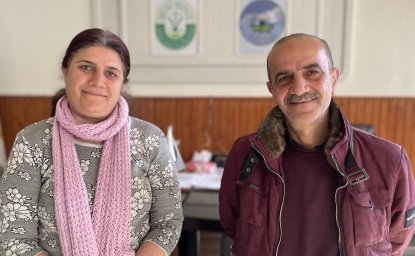
A Model for Gender Equitable Leadership in Northeast Syria
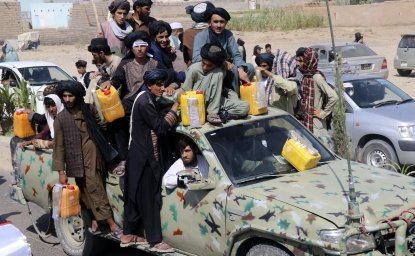
The Absurdity of the Taliban’s New Restrictions on Women
